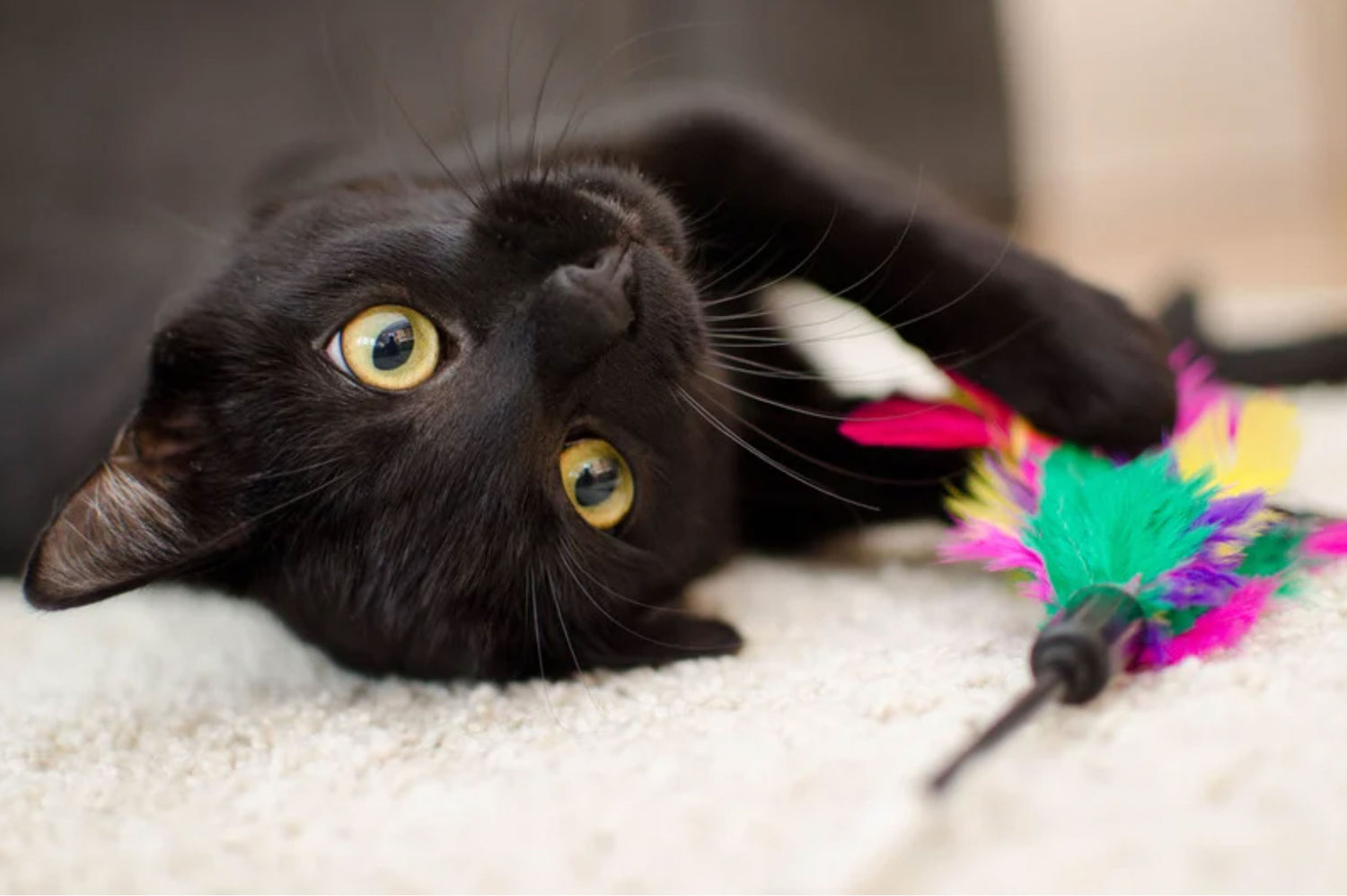Keeping your beloved kitty in tip-top shape isn't just about aesthetics — it's about their long-term health and vitality. With obesity in cats leading to a host of health issues, such as diabetes and joint problems, it's crucial to approach weight loss with care and knowledge. Read on to discover how you can guide your cat towards a healthier, slimmer future.
Understanding Feline Obesity
Before we explore weight loss strategies, let's first understand the issue at hand. Similar to humans, cats can become overweight due to a variety of factors including overfeeding, lack of exercise, and metabolic disorders.
It's essential to get a vet's assessment to rule out any underlying conditions that may be contributing to your cat's weight gain. The American Animal Hospital Association provides great resources to help pet owners understand the risks associated with pet obesity.
Safe Weight Loss Strategies
Implementing a safe weight loss program for your cat should be done gradually and with a focus on balanced nutrition and increased activity. Here are some strategies to consider:
1. Tailored Diet Plan
- Consult with your veterinarian to create a customized diet plan that is appropriate for your cat's age, weight, and health condition.
- Consider high-quality probiotics to assist your cat through any stomach upset due to dietary restrictions.
- Measure your cat's food and feed them at set times rather than leaving food out all the time to avoid overeating.
2. Encouraging Physical Activity
- Introduce new toys and games to encourage movement and play. Interactive toys such as laser pointers or feather wands can keep your cat engaged.
- Make mealtime a game by using puzzle feeders that require your cat to work for their food, stimulating both their mind and body.
- Set aside time each day for active play sessions to help your cat burn calories and build muscle.
3. Monitoring Progress
- Keep track of your cat's weight loss with regular weigh-ins and adjust their diet and exercise regimen as needed.
- Monitor your cat's behavior and energy levels to ensure they're adapting well to their new lifestyle.
- Seek ongoing support from your vet, who can provide valuable guidance throughout your cat's weight loss journey.
Maintaining a Healthy Weight
Once your cat has reached their ideal weight, maintaining it is key. Continue with a balanced diet, regular exercise, and vet check-ups to keep your cat fit and healthy. Remember, weight management is a continuous process that requires consistency and dedication. By following these safe strategies, you can help your cat live a longer, happier life. The team at Pet Wellness Direct is always here to support you with our range of wellness products and nutritional advice.
Overweight cats need a careful blend of nutrition, exercise, and love to regain their health. By partnering with professionals, such as your vet and the experts at Pet Wellness Direct, you're taking the best step forward for your cat's wellness. For more information on how to support your cat's health journey, learn more about health conditions and strategies at our blog. Together, we can create a purr-fectly healthy lifestyle for your furry family member.










